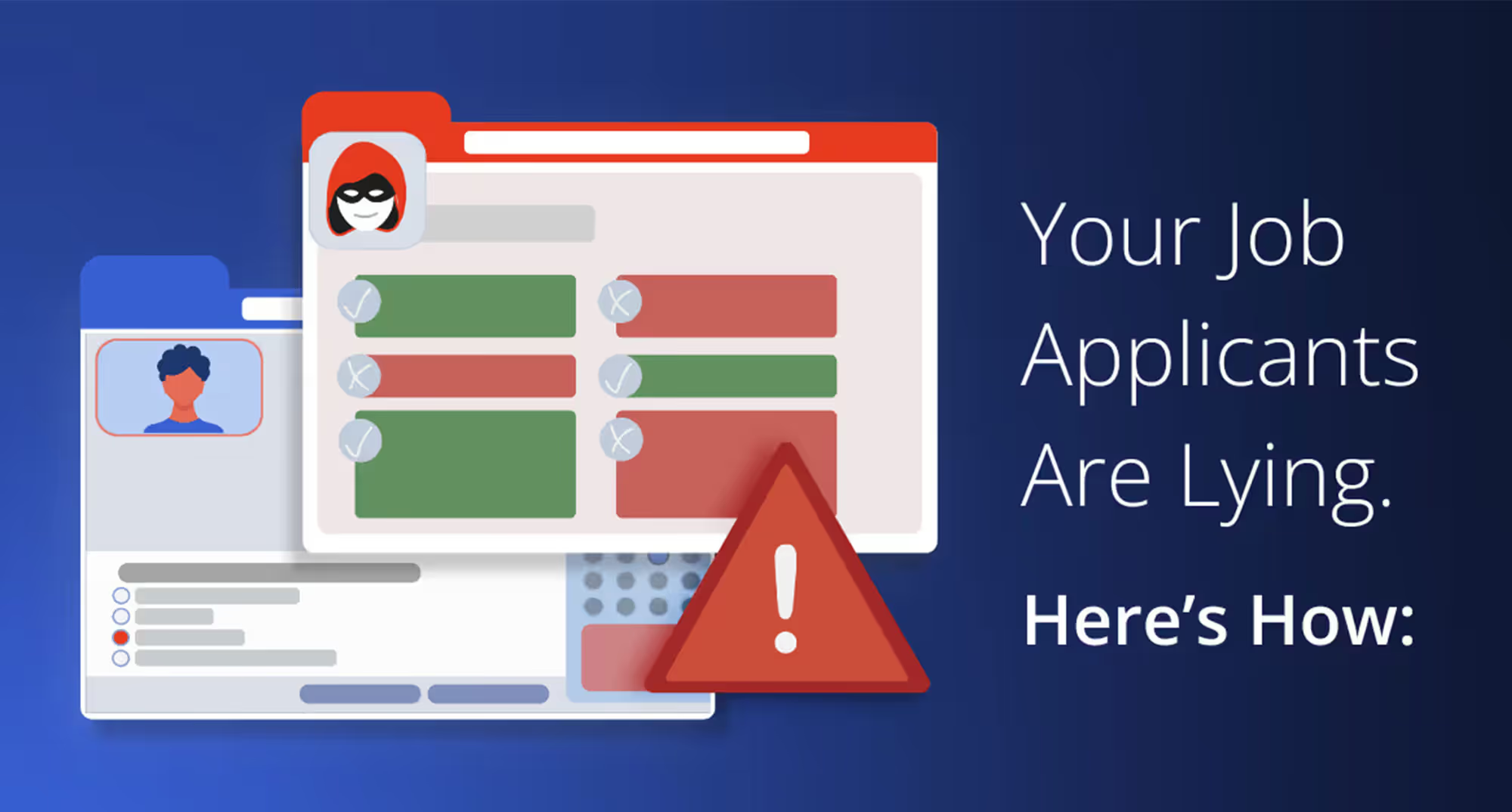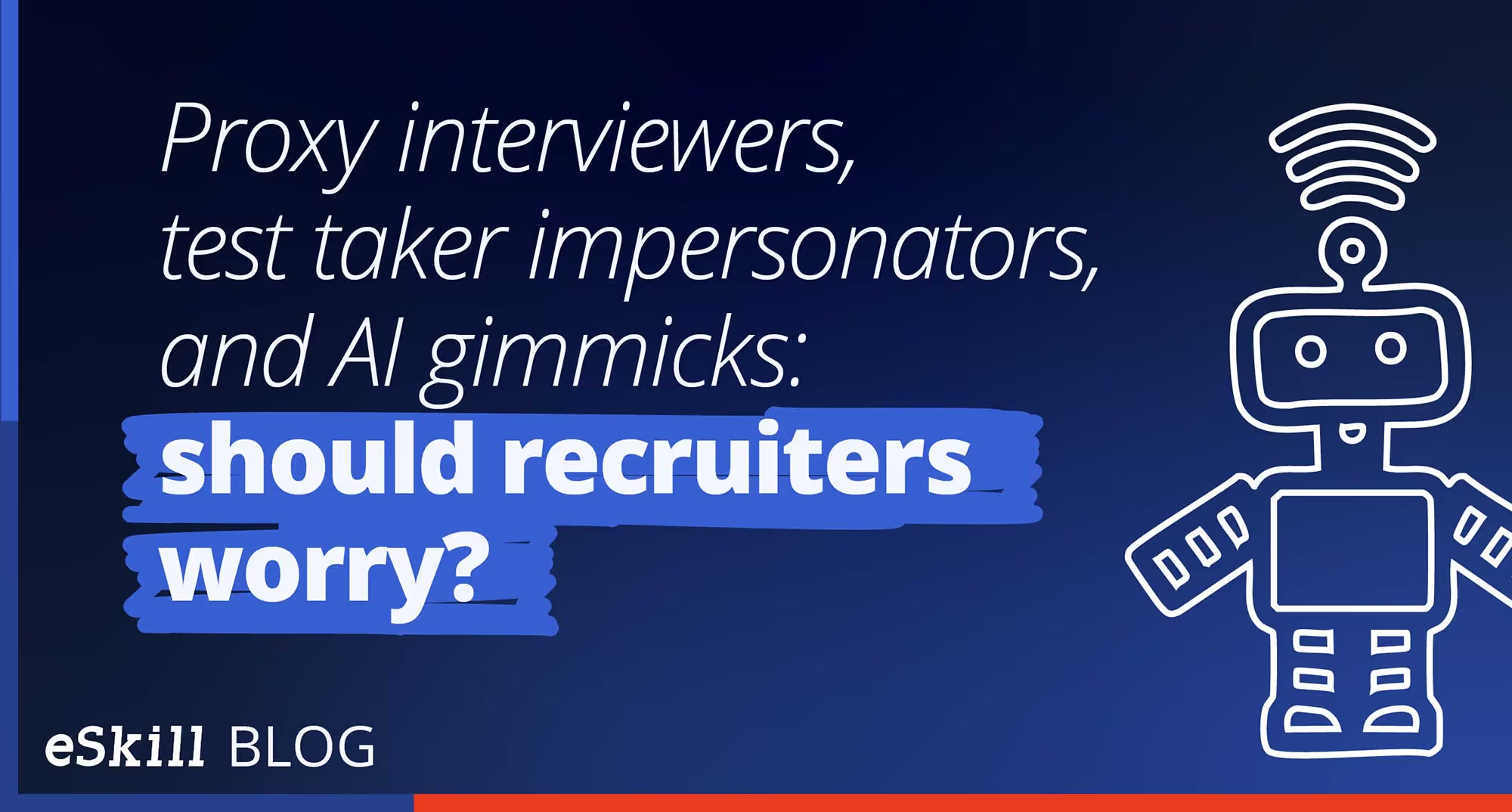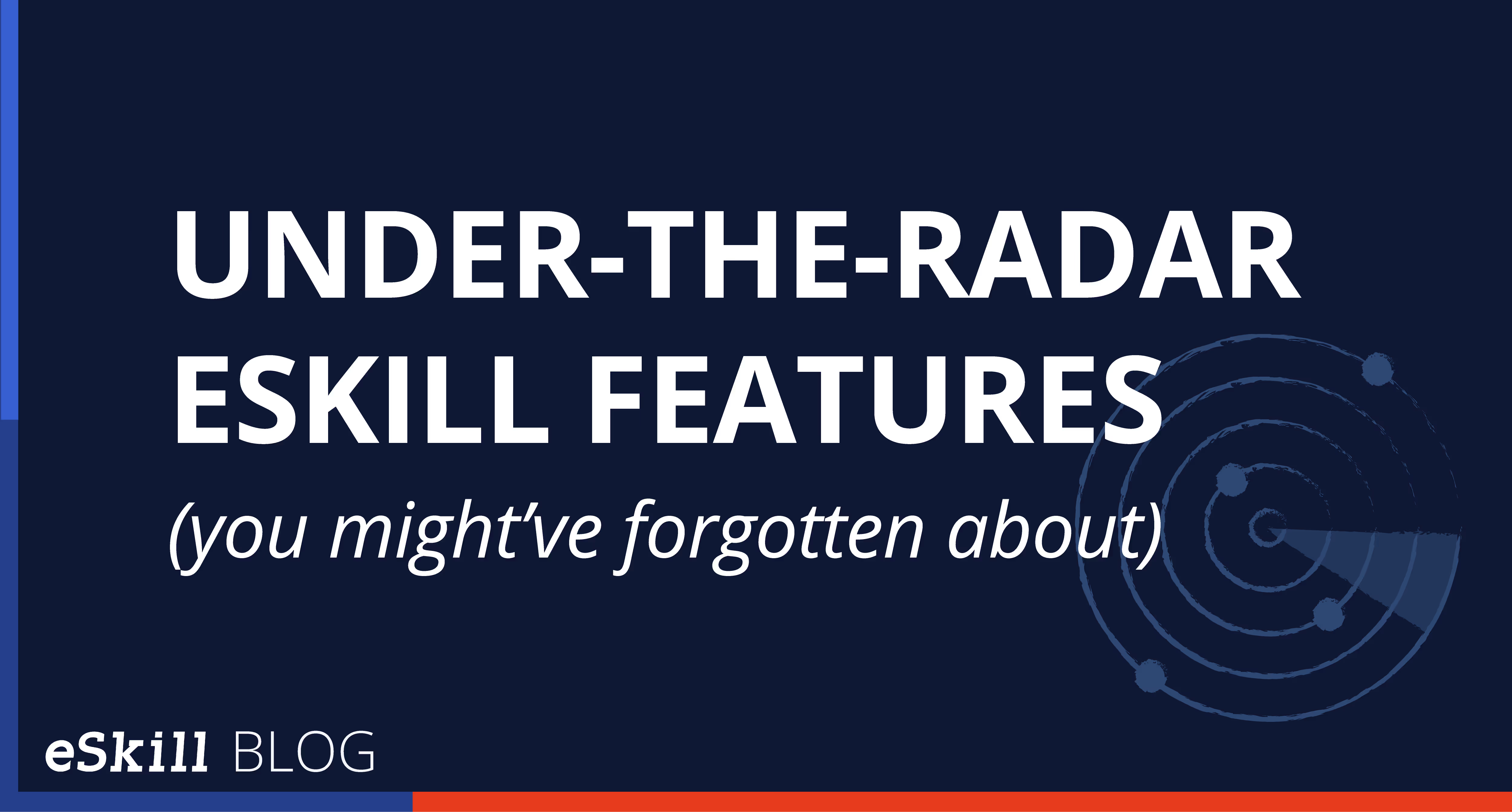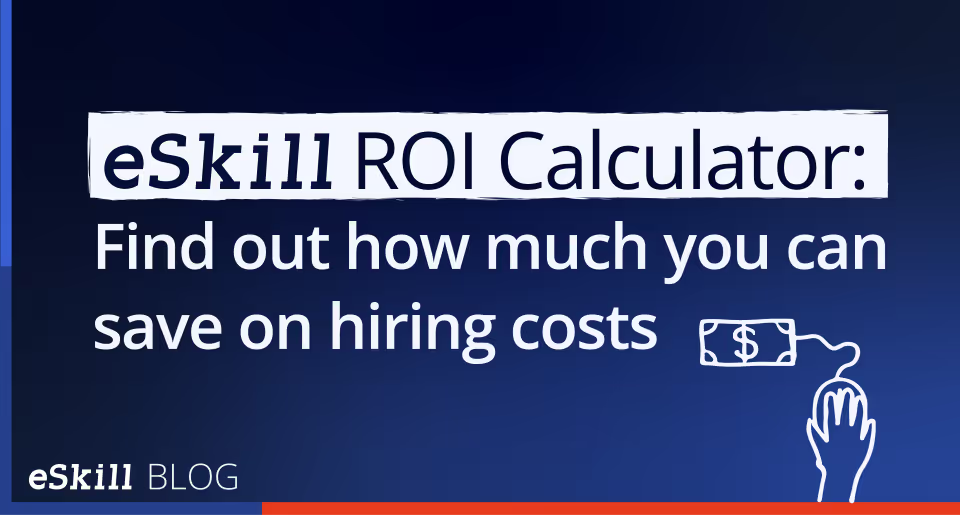How far would you go to land a great job? Would you exaggerate on your resume? Would you use AI to write a cover letter? Would you cheat on a pre-hire assessment? Dishonesty is more common than you might think – 44% of Americans admit to lying during the hiring process, and 40% say their lie helped them land a job. So if your job applicants are lying, what can you do?
Pre-hire assessments are a useful line of defense against candidate cheating. Employers deploy them to measure skills that are required for a job. They can accurately measure hard skills, soft skills, cognitive ability, behavioral type, and more. Often, they provide a better picture of a candidate’s ability than a resume or a cover letter. It’s one thing to say you’re good an Excel, it’s another thing to show it on a pre-hire assessment. But what if someone tries to cheat the pre-hire assessment?
Like any test, there are methods for candidates to try and cheat the system. But by leveraging online proctoring solutions with your pre-hire assessments, you can spot candidate cheating, maintain test integrity, and make your hiring decisions accordingly.
Here are three common ways job applicants cheat on pre-hire assessments and how you can combat them:
Tab Switching
This one is straightforward: take your test on one tab, look up the answers on the other. This method can work well on standardized, basic tests where the questions and answers are widely distributed or commonplace. Here at eSkill, we encourage using customized tests that are less prone to being solved by a Google search. If the questions are specific to your company, it’s unlikely that the answers are available on the internet. You can also use automated proctoring tools that can lock down browsers so that users cannot open additional tabs or windows.
ChatGPT
“ChatGPT, how do I format cells as a currency in Excel?”
We’re in the early stages of the AI-assistant revolution, but one of their first uses was students looking for homework or exam help. It’s not a stretch to think that job applicants will take the same approach with pre-employment exams. While AI might be able to answer multiple choice or open-response questions, it is likely to struggle with simulation question types where users have to actually complete a task in a program. Additional proctoring tools like copy & paste detectors or AI detectors (which exist but aren’t exactly reliable) can find and report this version of cheating.
Professional Test Takers
Yes, professional exam takers exist. And yes, they’re more common than you think. Want to pay someone to take your test for you? There’s a website for that. And in a viral story last year, the person who showed up for a job interview was not the same person who walked in the door during their first day. The proctoring tools we previously described are automated, but you can pair them with live proctors to ensure maximum security. These more robust solutions include remote video proctoring and ID checks that ensure the applicant is exactly who they say they are.
Candidates will do a lot to get their next job. Maybe it’s dishonest, maybe it’s resourceful. But if the role you’re hiring for requires hard skills for success, you need to know if a candidate really has them. With pre-hire assessments, you can accurately test applicants’ skills and competencies. And by layering online proctoring tools to these tests, you can ensure test results are representative of the candidate.
Get in touch with eSkill today and hire better.

Get ademo.






